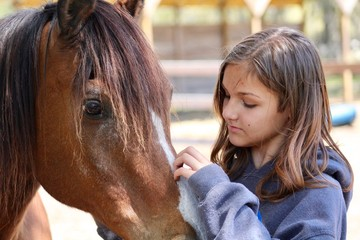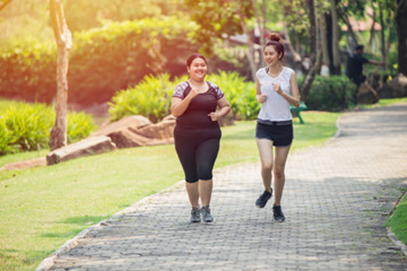
When it comes to creating the best future for children, so much is dependent upon the environment in which they are raised. Interaction with their parents informs how they talk to others, understand themselves, and mature as adults. If children lack the necessary interpersonal skills they should have learned in infancy, they will face more severe problems in the future.
The Teaching-Family Model offered at Alpine Academy aims to address various behavioral and emotional problems families face to improve their lives and provide the tools needed for success. At Alpine Academy Utah complaints that students have suffered with for years are often reduced in severity upon entering this new environment. This trauma-informed behavioral intervention focuses on positive feedback and can help kids with a wide range of issues. But does this method work?
We’re sharing a detailed report on the Teaching-Family model below.
Teaching-Family Model’s Research-Based Approach
The Teaching-Family Model, also known as TFM, was one of the first-ever evidence-based programs in human services. It has innovated and grown over the last 50 years to be one of the best programs for providing individualized treatment to families.
The basic principle of the program is based on research collected from hundreds of hours of data. It shows that people learn by imitating others, particularly their role models. With that in mind, researchers proved that by having role models show specific, positive behaviors, children would mirror the positive behavior. This means that rather than teaching children how to act, it’s about teaching parents and role models how to present themselves to children.
Some programs will function as short, home-based interventions. This might be 6-10 weeks with a practitioner in the home teaching the parents. Others will be long-term residential care facilities for the children. It will depend on the needs of the family, the duration, and the level of intervention.
TFM is not limited to parents and family units. It can also be used with teachers, coaches, doctors, and more. Anyone who spends time with children can learn how to set an example for children through this model.
Teaching-Family Model Brings Proven Benefits
Researchers continue to study the program and improve TFM’s practices. However, these are the benefits most often noted by experts and collected through published research.
Improved Mental Health
For those who have dealt with trauma or have developmental disabilities, one problem often cited by mental health professionals is the difficulty to process and share emotions. Additionally, expressing those emotions and communicating effectively can be a sticking point.
The TFM provides a blueprint for honest conversations. This helps families have open discussions about their mental state and instructs people to address their feelings. Young ones get the guidance they need, and parents can take the time to help themselves and model good mental health practices.
Less Restrictive Living
Although most programs for children are applied in restrictive environments, TFM experiments have shown success with children in the least restrictive settings available. The level of restrictiveness depends on each family’s case.
The method relies on modeling, which means more restrictive environments don’t necessarily provide proper modeled behavior. Families also report more stress in restrictive spaces, and this may inhibit progress within a family unit. TFM has the structure that many need, but without excessive restrictions.

Reuniting Families
There are alternative methods to TFM that show success with children. However, these may involve separating children from their families for treatment. Experts observe that separation can cause additional trauma whereas reunification is often a source of healing. For many professionals, reunification is a top priority.
By enacting the TFM with parents and children, families can create a safe environment for reunification. Once reunited, the strategies and tools provided by the TFM should continue to keep a living situation safe for everyone in the home.
Personalized Plans Available
Psychological research shows that children do not only imitate their parents. While parents may have the most opportunities to influence behavior, anyone can apply the principles of TFM and model healthy behavior for other people around them.
Because of the flexibility and potential to be used by anyone for any child, the method is seeing a growth in popularity even outside industry professionals. Just as anyone can apply the principles, the strategies can help children from a wide range of backgrounds.
Teaching-Family Model Target Demographic
There isn’t just one population that benefits from this model. Examples of those who have benefited from the program include those who are:
- Neglected
- Abused
- At-Risk
- In the Foster Care System
- Juvenile Delinquents
- Developmentally Disabled
- Severely Emotionally Disturbed.
While the strategies and principles of the method are highly adaptable, it is recommended that families in severe cases partner with accredited Teaching-Family Model programs. Industry professionals can best assess the situation and provide support.
Final Thoughts
According to Teaching-Family Model practitioners, healing trauma doesn’t start with children; it begins with their role models. And with the success that the Teaching-Family Model has seen, this principle appears to be true. With so many benefits and a record for success, TFM programs are reuniting families and improving the lives of children, no matter what they face.



